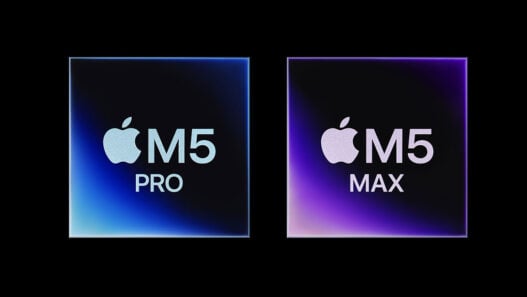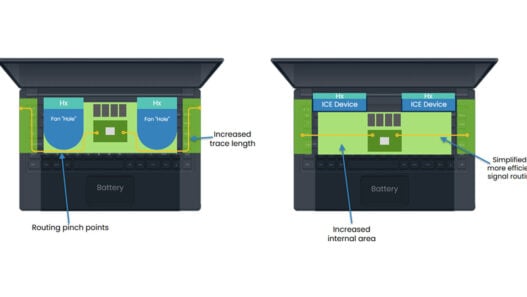Vestel UK’s Business Development Manager for the brand’s EV charger division, says that is just not the case, and the future for EV-UK is fully charged.
“In recent years, the UK market for electric vehicles (EVs) has experienced significant growth and transformation,” says Ali Khan. “Several key factors have contributed to this growth, from the simple availability of more EV brands and models to more affordable home charging, thanks to lower cost chargers and the more recent normalisation of electricity prices.
“These market drivers will continue for the foreseeable future in the UK, irrespective of the government moving their goalposts or the vocal dislike of an electrified transport structure from those preserving their own agenda or simply resisting change. In fact, there are several factors on the horizon that will drive the electrification of UK transport ever faster – not slower – over the next few years.”
Expanded charging infrastructure: the UK has made substantial investments in charging infrastructure, including both public and private charging stations. This expansion has alleviated ‘range anxiety’ for potential EV buyers, making EV ownership more feasible and convenient. Building infrastructure is high on the government’s priority list, with many public and private plans already underway.
Government incentives: the UK government has implemented various financial incentives to encourage EV adoption. These include grants for purchasing EVs, reduced road taxes, and favourable rates for charging electricity. Such incentives have played a pivotal role in attracting more consumers towards EVs, and few are being withdrawn as yet. There may be even more incentives to sweeten the 2030 deadline as it approaches.
Advancements in technology: advances in battery technology have increased the driving range of EVs while reducing charging times. This has addressed one of the primary concerns potential buyers had about EVs – limited range and lengthy charging periods. There is a phenomenal global investment in battery research, so capacity, or rather charge density, will only get better.
Wider vehicle selection: the range of available EV models has grown significantly. Almost every major automaker offers electric models, catering to various preferences and budgets. With even petrol-head brands like AMG integrating electric power into their performance drivetrains, vehicle choice will become as diverse as it is today, from small economic vehicles for cost-effective transport to performance hypercars.
Environmental awareness: increased awareness of environmental concerns and the benefits of reducing carbon emissions has driven many consumers and businesses to consider EVs as a more eco-friendly alternative to traditional internal combustion engine vehicles. Sustainability and reducing our impact on the planet will become an ever stronger driver for the EV market as the effects of global warming continue to bite.
Corporate fleets and regulations: many businesses have started adopting EVs into their corporate fleets as part of their sustainability initiatives. Additionally, regulations promoting reduced emissions and stricter standards for internal combustion engines have pushed manufacturers towards EVs. New EU rules on corporate sustainability reporting such as the Corporate Sustainability Reporting Directive (CSRD) will further encourage enterprises to transition to more sustainable business models, including electric transport fleets.
Wider home charging: the choice and affordability of domestic EV charging systems are better than ever, and the availability of qualified installers continues to grow as electricians incorporate EVs and renewables into their businesses. Consumers no longer have to accept their car manufacturers branded charger offerings, with an array of EV charger products with a wide range of cosmetic styles and features now available.
Renewable energy integration: solar, heat pumps and local battery storage systems will experience huge growth as the government’s initiative to ban fossil fuel boilers comes into play in 2026. Integrating EV charging into renewable domestic and commercial energy systems is a logical, low-cost step. Local generation and local micro-storage is likely to be the main solution to the growing UK demand for energy.
Media and public awareness: media coverage of EVs, along with growing public interest in clean energy and sustainability, has contributed to a broader understanding of EV benefits and accelerated their acceptance. That awareness will continue to grow as sustainability becomes a key consideration in almost every aspect of daily life.
Resale value and total cost of ownership: As more data becomes available about EVs’ lower operating and maintenance costs compared to traditional vehicles, consumers are realising the long-term financial benefits of EV ownership.
“The UK’s EV market has transitioned from a niche segment to a mainstream choice for consumers and businesses alike, and that trend is only set to accelerate,” adds Khan. “Vestel has done more than most to reduce the cost of domestic, business and commercial charging solutions, leveraging the economies of scale of our 1.3m sqm European factory to produce some of the best specified, most reliable and most affordable domestic and commercial EV chargers on the market today.
“Yet the transition to electrified transport is not simply about price and products. As with all major changes in the way we live and work, there are challenges to overcome like infrastructure, battery capacity and lithium recycling. Yet none of these are insurmountable and while challenges like upfront costs and charging infrastructure gaps still exist, the combination of technological advancements, supportive policies, and changing consumer attitudes will continue to propel the growth of the EV market long into the future.”







